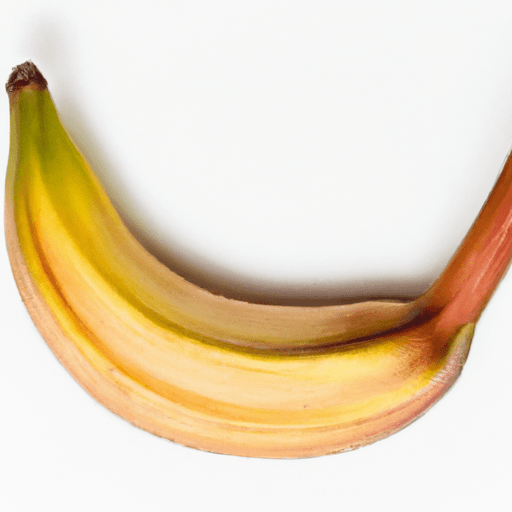The Versatile and Flavorful Banana Shallots
If you’re a cooking enthusiast, chances are you’ve come across banana shallots in various recipes. These elongated bulbs, known for their mild and sweet flavor, have gained popularity among chefs and home cooks alike. In this blog post, we’ll explore the taste, uses, nutritional value, and intriguing history of banana shallots.
So, what do they taste like?
Banana shallots are renowned for their delicate and complex flavor profile. With a milder taste than regular onions, they offer a subtle sweetness paired with a hint of pungency. Their flavor is less overpowering compared to their larger onion relatives, making them a preferred choice in dishes where a gentle onion taste is desired.
Versatility is their middle name
These versatile shallots lend themselves well to a myriad of culinary applications. From sautéing and caramelizing to pickling and roasting, banana shallots add depth and nuance to a wide range of recipes. They work harmoniously as a foundational ingredient in sauces, dressings, and soups, providing a subtle onion flavor without overpowering other elements. Sliced thin, they make an excellent addition to salads and raw preparations, offering a pleasant crunch and mild oniony profile.
Nutritional Benefits
Apart from their exceptional taste, banana shallots bring a range of nutritional benefits to the table. They are a good source of dietary fiber, vitamin C, and various minerals such as potassium and manganese. Additionally, shallots contain antioxidants and compounds that have been associated with potential health benefits, including anti-inflammatory and immune-boosting properties.
Unveiling the history and unique facts
Banana shallots trace their roots back to ancient times, where they were cultivated in Egypt and other regions of the Middle East. Over the years, they made their way to Europe and gained popularity in French cooking. While often mistaken as a type of onion, shallots belong to the Allium family of vegetables, which also includes garlic, leeks, and chives.
Interestingly, banana shallots got their name due to their elongated and curved shape resembling that of a banana. This unique characteristic sets them apart from traditional shallots, which are typically smaller and rounder.
Banana shallots offer a delightful combination of mild sweetness and subtle pungency, making them a prized ingredient in the culinary world. Their versatility allows them to shine in diverse recipes, from classic French cuisine to contemporary international dishes. Beyond their incredible taste, these delectable bulbs provide essential nutrition and an intriguing historical background. Next time you come across a recipe that calls for onions, consider adding banana shallots for a more nuanced and delicate flavor experience.
Sure! Here are some interesting facts about banana shallots:
Origin:
- Banana shallots, also known as echalion or long shallots, are a type of onion variety with a elongated shape resembling a banana.
- They are believed to have originated in the Southern region of France.
- Banana shallots are a cross between regular shallots and onions, resulting in a mild and sweet flavor.
Common Uses:
- Banana shallots are commonly used in French and Mediterranean cuisines.
- They are often used in cooking for their delicate yet complex flavor.
- They can be sautéed, roasted, or used raw in salads, dressings, and vinaigrettes.
- Banana shallots are frequently used as a substitute for regular shallots or onions in recipes.
Nutritional Benefits:
- Banana shallots are low in calories and fat, making them a healthy addition to meals.
- They are a good source of vitamins and minerals, including vitamin C, vitamin A, potassium, and manganese.
- They also contain fiber and antioxidants, which have various health benefits.
Unique Properties and Historical Significance:
- The elongated shape of banana shallots makes them distinctive and visually appealing.
- Their mild flavor and subtle sweetness add depth and complexity to dishes.
- Banana shallots are often preferred over regular shallots in recipes where a milder onion flavor is desired.
- They have been cultivated and enjoyed for centuries, but their popularity has spread globally in recent years.
Remember to always consult with a medical professional or a registered dietitian for personalized advice regarding your specific dietary needs.




Use the share button below if you liked it.
It makes me smile, when I see it.